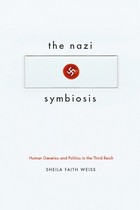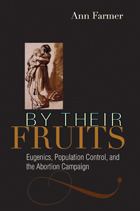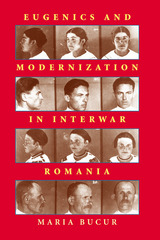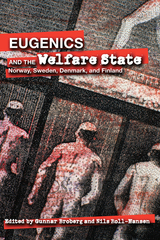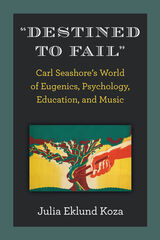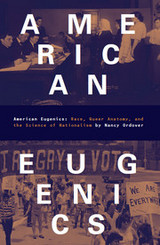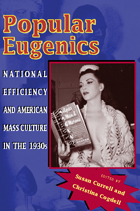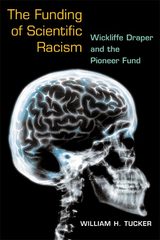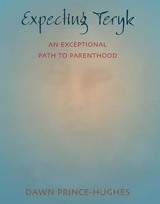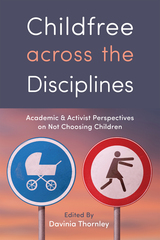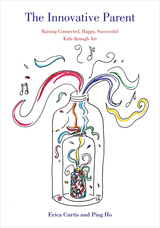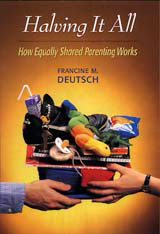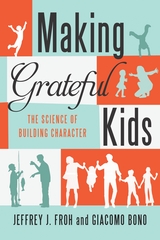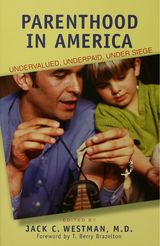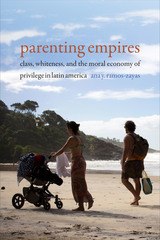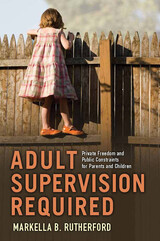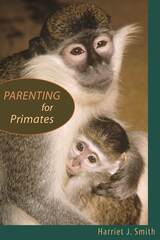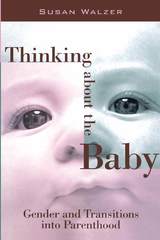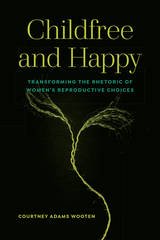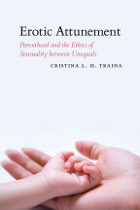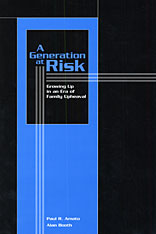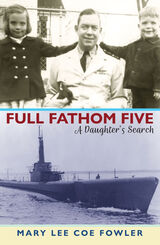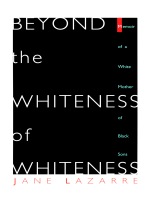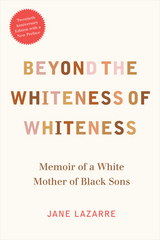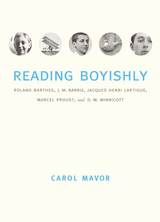The Parent as Citizen: A Democratic Dilemma
University of Minnesota Press, 2010
Paper: 978-0-8166-7273-8 | Cloth: 978-0-8166-7272-1
Library of Congress Classification HQ755.8.D83 2011
Dewey Decimal Classification 306.87401
Paper: 978-0-8166-7273-8 | Cloth: 978-0-8166-7272-1
Library of Congress Classification HQ755.8.D83 2011
Dewey Decimal Classification 306.87401
ABOUT THIS BOOK | AUTHOR BIOGRAPHY | REVIEWS | TOC
ABOUT THIS BOOK
Duff explains how influential theories of democratic citizenship rely on the metaphor of parenthood to help individuals rise to the challenges of politics, and demonstrates that this reliance has unintended consequences. When parenthood is imagined to instill confidence in political virtue, it uncovers insecurity. When parenthood is believed to inculcate openness to change, it produces fundamentalism. Duff develops this argument through original readings of four theorists of citizenship: Jean-Jacques Rousseau, Friedrich Nietzsche, Richard Rorty, and Cornel West-readings that engage the ways in which these theorists incorporated their personal history into their political thought. In showing how problems that plagued canonical theorists of citizenship still trouble contemporary thinkers and citizens alike, Duff's insights are deeply relevant to present-day politics.
When leaders and citizens in the United States articulate their core political beliefs, they often do so in terms of parenthood and family. But while the motives might be admirable, the results of such thinking are often corrosive to our democratic goals. In The Parent as Citizen, Brian Duff reveals how efforts to make the experience of parenthood inform citizenship contribute to the most persistent problems in modern democracy and democratic theory.
Duff explains how influential theories of democratic citizenship rely on the metaphor of parenthood to help individuals rise to the challenges of politics, and demonstrates that this reliance has unintended consequences. When parenthood is imagined to instill confidence in political virtue, it uncovers insecurity. When parenthood is believed to inculcate openness to change, it produces fundamentalism. Duff develops this argument through original readings of four theorists of citizenship: Jean-Jacques Rousseau, Friedrich Nietzsche, Richard Rorty, and Cornel West-readings that engage the ways in which these theorists incorporated their personal history into their political thought. In showing how problems that plagued canonical theorists of citizenship still trouble contemporary thinkers and citizens alike, Duff's insights are deeply relevant to present-day politics.
See other books on: Citizen | Citizenship | Parent | Parenthood | Parents
See other titles from University of Minnesota Press

